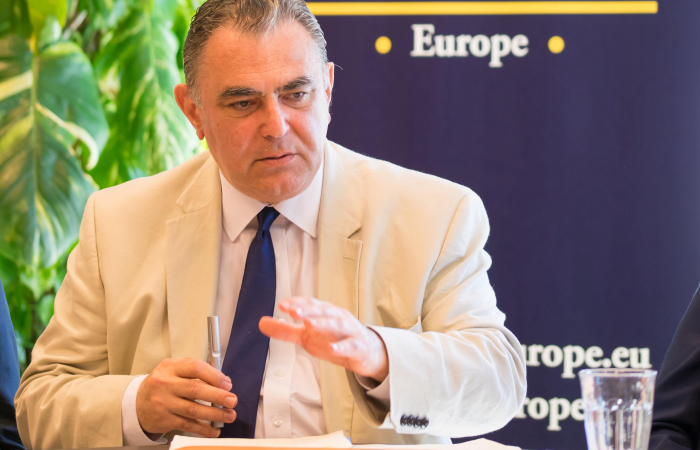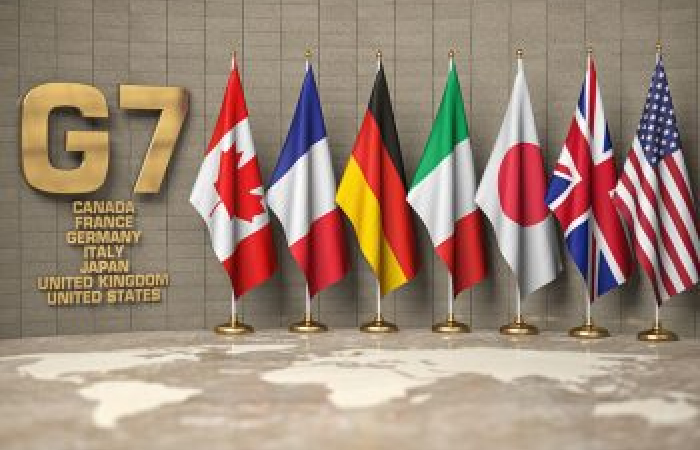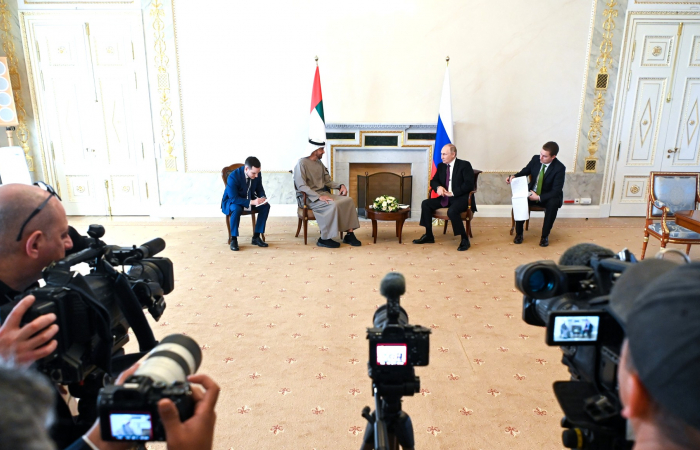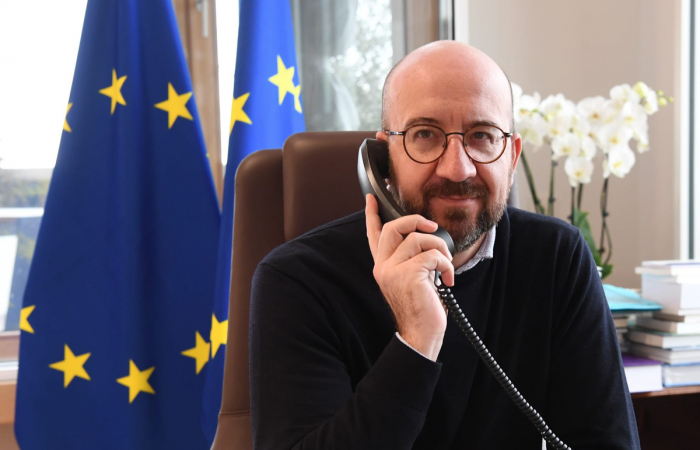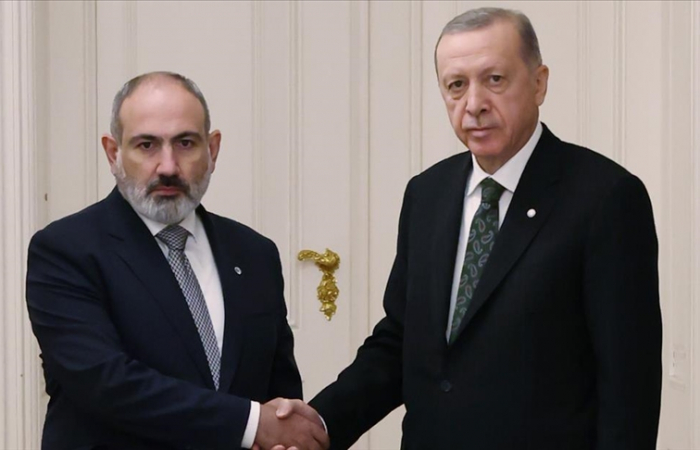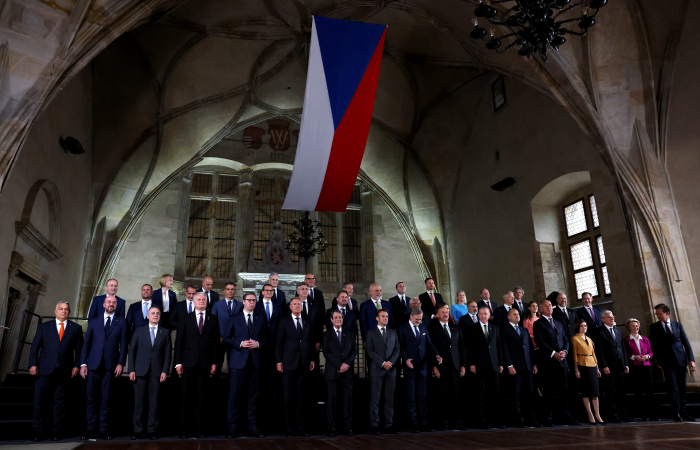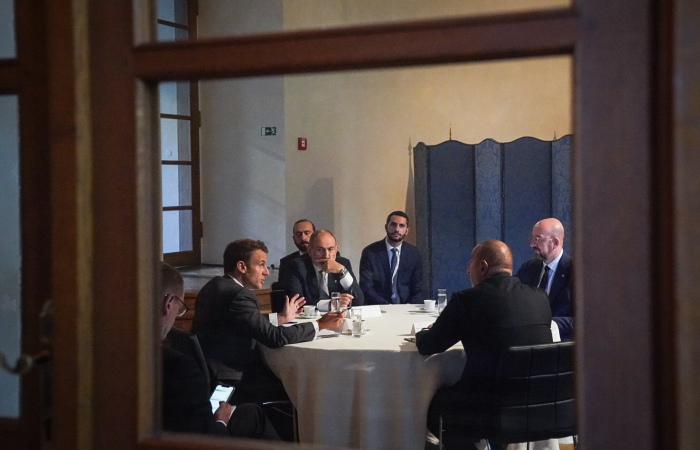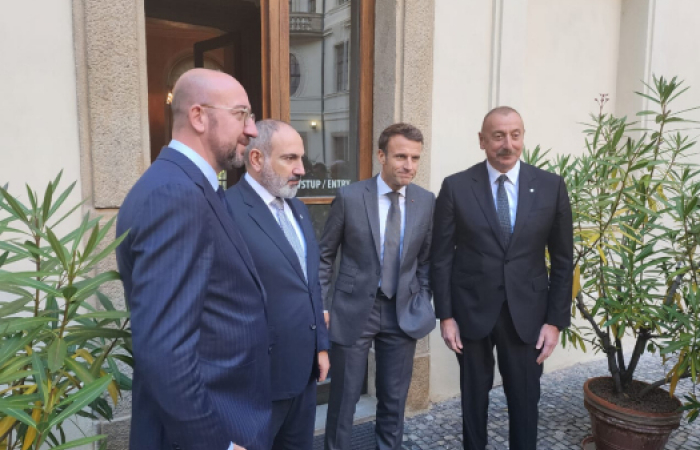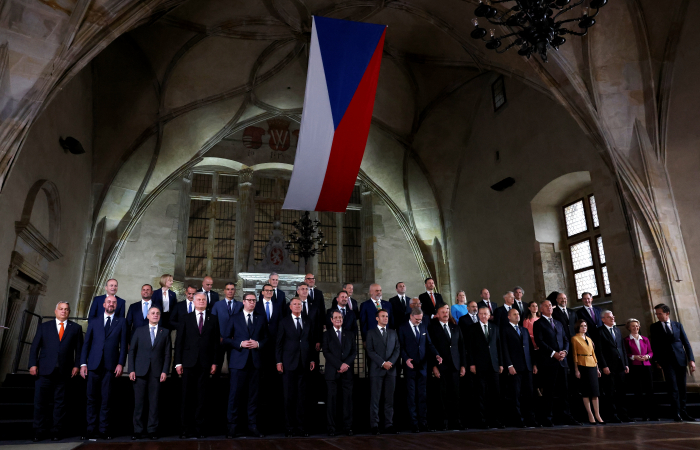Editor's choice
This is a members’ functionality. Please
Sign upAnalysis
Trending
Analysis: Mohammed bin Zayed meets Putin in Moscow as Gulf states ponder the new world order
11 October 2022
The president of the United Arab Emirates (UAE), met in Moscow on Tuesday (11 October) with president Valdimir Putin of Russia. Putin warmly greeted his UAE guest at the Kostantinovsky Palace. The visit comes as Gulf states ponder about the new world order, Even before the Russian invasion of Ukraine, the world order that had emerged at the end of the Cold War had clearly run out of steam. Russia and the West, instead of partners in the international system through membership of the G8, cooperation in space, and extensive arms control agreements, became first rivals, and, since February this year, enemies. China, whose rise over the last four decades as an economic power was first admired, has subsequently become a “systematic rival”. As it verges on superpower status it has become more assertive and less predictable. The US and its allies are seriously worried.
For the countries of the Gulf this new world order is uncharted waters. During the Cold War the Gulf was first a British lake, and later an American one. The American shield protected the Gulf states against intruders. When Iraq invaded Kuwait and occupied it in 1990, the US and its allies led the international community in a fightback, and Saddam Hussein was driven back across the border with a bloody nose. When he tried to rear his head again, the West finished him off. Then there was Iran. A huge American presence, with other allies in the wings, saw off Iranian ambitions in the region. It seemed that US-GCC relations were set in stone.
Yet as the world reverted back to a multipolar state - the parameters of which are as yet undefined - it was only the naïve who thought that the GCC states will simply slide back to their old role of doing the USA's bidding in return for protection. Things in the Gulf have changed dramatically in the last six decades, and in the last decade in particular, in political terms the region is unrecognisable. In Abu Dhabi, Riyadh, Doha and elsewhere the national interest has been re-defined.
commonspace.eu editorial team




